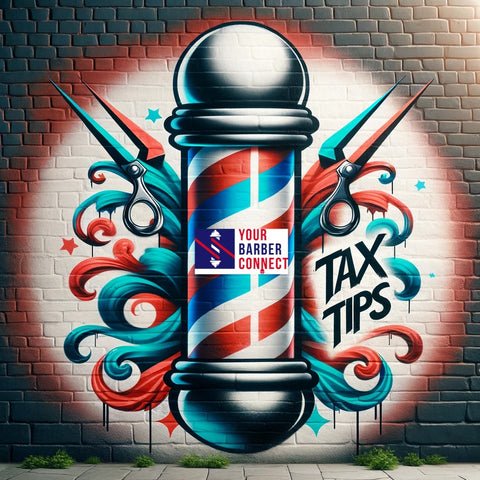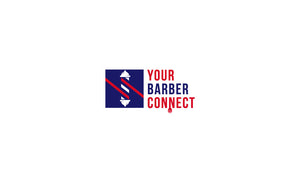Navigating Taxes in the Barber Industry

In the world of barbering, where the snip of the scissors and the buzz of the clippers create the rhythm of your day-to-day, there's another side to the business that can often seem as intricate and nuanced as the art of haircutting itself: taxes. Whether you're a seasoned barber shop owner or a freelance barber, understanding the ins and outs of taxes is crucial for your financial health and legal compliance.
As a professional in the barber industry, your income, expenses, and the very nature of your business activities bring about unique tax considerations. Here are some key points to keep in mind:
-
Self-Employment Taxes: Many barbers are self-employed, meaning taxes aren't automatically withheld from your income. You'll need to set aside a portion of your earnings to cover self-employment taxes, which include both Social Security and Medicare taxes.
-
Deductible Expenses: Barbers can deduct a variety of expenses related to their business. This includes the cost of supplies (like scissors, clippers, and styling products), education (such as barbering courses and seminars), and even a portion of your home if you work from a home-based shop. Keep detailed records to maximize your deductions.
-
Quarterly Estimated Taxes: Instead of paying taxes once a year, you might need to pay estimated taxes quarterly. This can help avoid a large tax bill at the end of the year and potential penalties for underpayment.
-
Record Keeping: Maintain meticulous records of all your income and expenses. This not only helps with tax filing but can also provide valuable insights into the financial health of your business.
-
Professional Help: Considering the complexity of tax laws, consulting with a tax professional who understands the unique needs of barber professionals can be a wise investment.
Navigating the complexities of taxes in the barber industry might seem daunting, but with the right knowledge and preparation, you can handle your tax obligations with the same confidence and finesse as you do your barbering services. Remember, staying informed and seeking professional advice can help you avoid common pitfalls and ensure your financial stability.
Summary:
Taxes in the barber industry require attention to self-employment taxes, deductible expenses, estimated payments, and meticulous record-keeping. By staying informed and consulting with professionals, you can turn tax time from a daunting task into another part of your business that you manage with skill and confidence.
Feel free to share this guide with your peers and don't hesitate to reach out for more personalized advice. Navigating taxes might not be as gratifying as giving a great haircut, but it's just as important for the success of your business!
